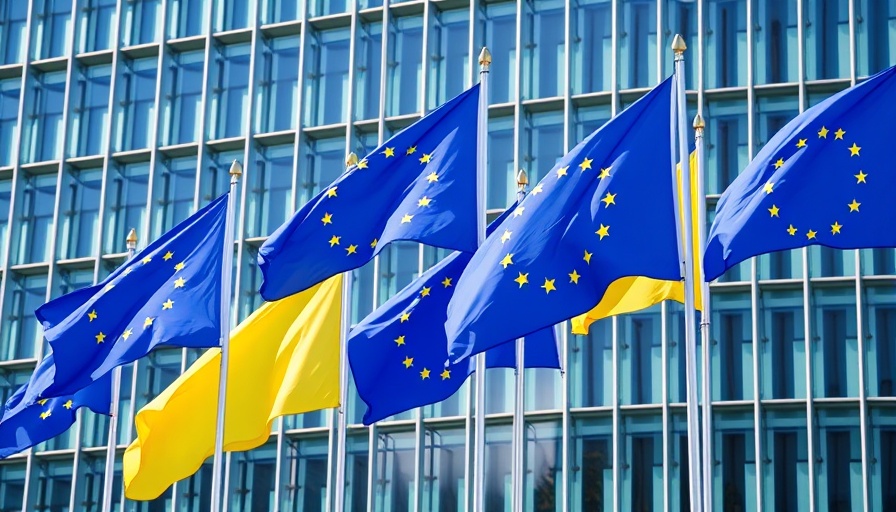
The Evolving Role of Nurses: A Look Ahead to 2030
The future of nursing is set to dramatically transform by 2030. The nursing profession faces a significant challenge—an alarming shortage of medical professionals placed against a backdrop of an aging population and rising chronic diseases. Four nursing professionals from key European countries—Denmark, Spain, Sweden, and France—share insights about the challenges they face today and the opportunities emerging from technological advancements and evolving roles.
Diversity of Nursing Responsibilities Across Europe
Across Europe, the responsibilities and status of nurses vary significantly. In Denmark and Sweden, nurses hold high esteem and trust among patients, exercising certain prescribing rights. Conversely, in Spain, nurses are heavily reliant on physicians for medication prescriptions and face staffing crises with a deficit of 95,000 nurses. This situation stretches the remaining workforce thin, resulting in diminished healthcare quality, as stated by Montserrat Antonin, a nurse and digital health consultant.
The Importance of Interdisciplinary Collaboration
Florence Herry, a French nurse and healthcare innovator, emphasizes the pressing need for an increase in nursing professionals and the establishment of interdisciplinary healthcare teams. As medical deserts and waiting lists grow, Herry foresees nurses playing a crucial role in initial patient assessments and ongoing care management. Future healthcare systems must embrace collaboration across various healthcare sectors to improve outcomes.
Technological Innovations Shaping Nursing
The landscape of nursing is poised to embrace technological innovations like artificial intelligence (AI) and telehealth. AI has the potential to reduce administrative burdens, allowing nurses to focus more on patient care. As noted by Antonin, AI could act as a clinical decision support tool, enabling nurses to provide timely and accurate assessments, ultimately revolutionizing patient care.
Addressing the Challenges of Nursing Workforce
Despite the promising advancements, critical challenges remain. The World Health Organization highlights an expected global nursing shortage of 4.5 million by 2030. To combat this, healthcare systems must stimulate interest among younger professionals, promote better work conditions, and foster a supportive environment that prioritizes mental well-being and ongoing education—essential to preventing burnout.
Envisioning the Future: Joining Forces
Nurses in 2030 will not simply be caregivers; they will serve as innovators and leaders in healthcare transformation. The nursing workforce must adapt to new technologies and practices while maintaining a patient-centered approach. This includes advocating for better salaries and recognition in order to attract more nurses into the profession. To stay ahead, it will be crucial for nurses and healthcare leaders to share their experiences, implement ongoing education, and embrace a holistic approach to patient care.
Discover more about the trends and innovations shaping the future of nursing at the upcoming Nursing Summit at HIMSS Europe 2025 in Paris, a pivotal event for healthcare leaders.
 Add Row
Add Row  Add
Add 




Write A Comment